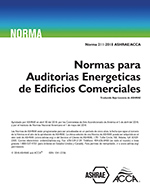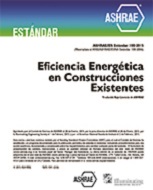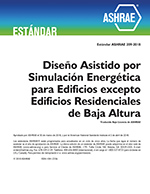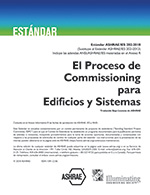Description
Geothermal heat pumps are a greener alternative to the traditional heating and cooling systems for buildings. Instead of using as much fuel or electricity to heat and cool a building as a conventional system does, the geothermal heat pump saves energy by using the ground or nearby water source as a heat sink to displace the thermal energy. They tend to be rather large and have an expensive initial cost, but in the long run they save money and fossil fuels.
Most heat pump’s pipe configurations are buried under the ground where they will not be easily accessed at a later date. Because of this, the design of the configuration must be right the first time. This can be very difficult because the thermal properties of the ground vary from location to location. The ground in one place might be mostly sand, and a mile away the ground might be mostly clay. So it becomes very difficult to design configurations, and they can be easily oversized or undersized for the building depending on the thermal properties of the ground.
This paper will explain a test process that can be done to test for the thermal properties of the ground before designing the configuration for a geothermal heat pump. This experiment is performed at the site of which the heat pump would be installed to gain the thermal properties of that particular location. Two different configurations of buried pipe were used to obtain this data: (1) a straight out and back system and (2) a slinky pipe system. A low cost and simple to use system consisting of a pump, tank, thermocouples, flow meter and data collector is used. By using this information, a proper pipe configuration can be designed to best fit the needs of the building and configured to fit the available land on the property.
Citation: 2016 Annual Conference, St. Louis, MO, Conference Papers
Product Details
- Published:
- 2016
- Number of Pages:
- 8
- Units of Measure:
- Dual
- File Size:
- 1 file , 870 KB
- Product Code(s):
- D-ST-16-C028




